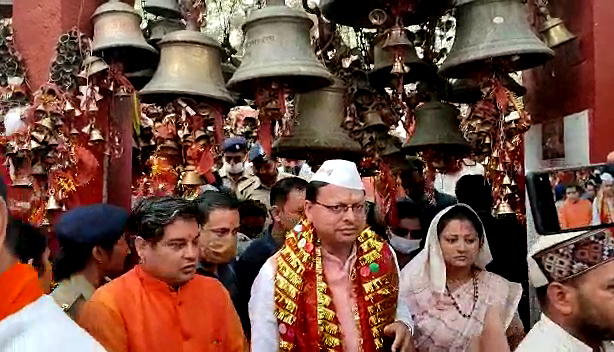The All India Muslim Personal Law Board (AIMPLB) claims to speak on behalf of what it terms the “personal law” of the 200 million Muslims who are proud citizens of India. The Board has opposed a Uniform Civil Code (UCC), something that in the view of many Muslims themselves ought to have been implemented on 15 August 1947 itself. The AIMPLB comprises several distinguished individuals of considerable intellectual capacity. Which is why its support for the “personal law right” of an entire denomination of male citizens of the country to marry up to four women at any one time comes as a surprise. After all, among the many valuable teachings of the faith they swear by is the essentiality of adjusting to changes through the process of Ijtihad. Several of the AIMPLB members have friends and relatives in countries where there is a Uniform Civil Code, such as the UK or the US. Is it their contention that their religion cannot be practised there? The argument given in favour of the “right” to have up to four wives and to divorce merely by repeating “talaq” thrice is that having up to four wives is permitted by practices that were followed for centuries. It could be also be argued that so were chopping off a hand for even petty thefts or stoning to death a man or woman found to be in an adulterous relationship. Thus far, the AIMPLB has not demanded that the banning of punishments such as chopping off the hand of a thief or stoning an adulterer to death has resulted in the practice of the faith being affected. Why is only “right” to have up to four wives more central to the faith than such punishments? After all, if ancient practices are what need to be followed in order to earn a certificate of good conduct from the venerable members of the AIMPLB, the body should also oppose the uniform punishments for crimes that has been prescribed in the Uniform Civil and Criminal Code. They should demand the right to chop off the hand of an individual whom they discover to be a thief, or stone an adulterer to death without any interference from the police. There is a difference between the law of the land, laws legislated through Parliament and monitored for implementation by the courts, and “laws” that arise from personal beliefs. Or it may not be long before another “Personal Law Board” decrees that the practice of sati, the burning of a widow on the pyre of her deceased husband, should be revived in view of it having been a past practice. Whether it be the right to be the sole spouse of a man or avoid being pushed onto the funeral pyre once a widow, every female citizen of India needs equality of rights and legal status. For much too long, the practice of sati was tolerated even if not wholeheartedly endorsed. That does not make it an acceptable practice in the world of today. Muslims have distinguished themselves throughout the world, many in countries that prohibit marriage to more than a single person. None of such achievers believe that they are less able to practice the noble faith to which they belong because the country they reside in has a Uniform Civil Code. If India has a Uniform Criminal Code, surely the people of India are entitled to a Uniform Civil Code.
As for razing of properties that are deemed illegal, such a measure has been carried out in the case of properties belonging not just to a single faith, but to all faiths. If houses that have been allowed to be built and to be occupied for decades are to be razed, such a situation implies negligence if not collusion between the house owners and the authorities. Both need to be punished, not just the house owner. Such accountability will ensure that “telephone permission” becomes less common, in which superior officials (or politicians) instruct an official to permit the construction of a house even when the same is illegal. Millions of acres of land have been illegally occupied in this way, and it is an impossibility to redress the situation except in a few cases.
The AIMPLB needs to focus on ensuring that women in the Muslim community have the same rights as they do in other communities, of having a UCC. The passage of the Shah Bano act by Prime Minister Rajiv Gandhi marked the beginning of his fall from grace so far as voters in India were concerned. Muslim women in India excel in a multitude of arts, sports, occupations and sciences. They fully deserve the equality of treatment that a UCC would give them. Stopping such a move would be akin to what the then government in 1985 did, which was to nullify a welcome order of the Supreme Court that gave equal justice under law to Muslim women. This was through the passing of a law that made a nullity of the verdict. There is in a secular country only the law of the land, and in a democracy, there should be no other.
MDN
Uniform Civil Code is justice, not ‘hate’
- Advertisement -

